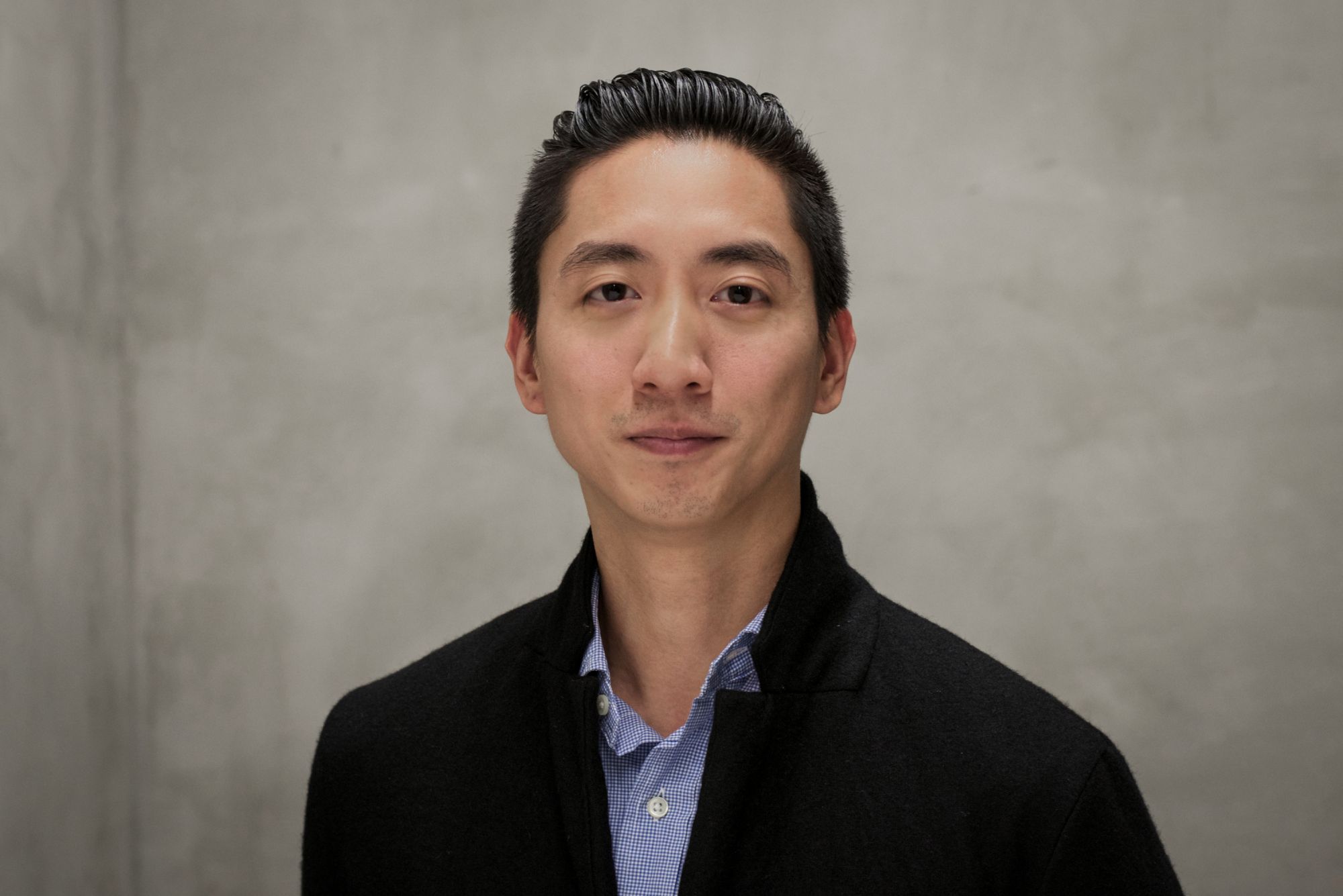Recruitment AI is so smart it knows how reliable a job applicant is based on their decision to own a pet. But there’s a lot it doesn’t know, too. Five Gen.T honourees give us their take on the technology that’s set to change everything
The last few years have all been billed as ‘the year of AI’. Wherever you stand on the precise timeline, the speed of AI’s shift from plot of a bad sci-fi film to a very real technology—with the potential to impact every aspect of your business—is staggering.
In the two years since Amazon brought machine learning into our living rooms with its intelligent personal assistant Alexa, we’ve increasingly relied on AI to determine who we date, where we travel, what we watch—even the temperature in our homes.
The technology is set to become increasingly pervasive. The market for AI, which was US$8 billion in 2016, is expected to grow to 47 billion by the end of this year, according to research firm IDC, impacting practically every industry in the process.
A key area where AI has had an immediate impact is corporate recruitment. Artificial intelligence is disrupting hiring processes across the board, from machines that comb through thousands of CVs in seconds to software that can analyse a candidate’s performance in a video interview. Systems such as HireVue, which is already being used by multinationals including Goldman Sachs and Unilever, analyse word choice, tone of voice and facial movements to screen candidates before they’re seen by a recruiter.
Intelligent chatbots, such as Mya, can also be used to conduct an early-stage interview, asking objective, performance-based questions and analysing the results. Even Google, which is famed for its idiosyncratic hiring process, uses its own AI tool, qDroid, to generate suitable, bias-free questions for a human interviewer to ask.
Given the potentially huge impact of AI on recruitment over the next few years, we asked five Gen.T honourees to weigh in on the subject. All come from different industries, hire scores of people every year, and have varying levels of experience with artificial intelligence. Do they think AI is the future of recruitment?




